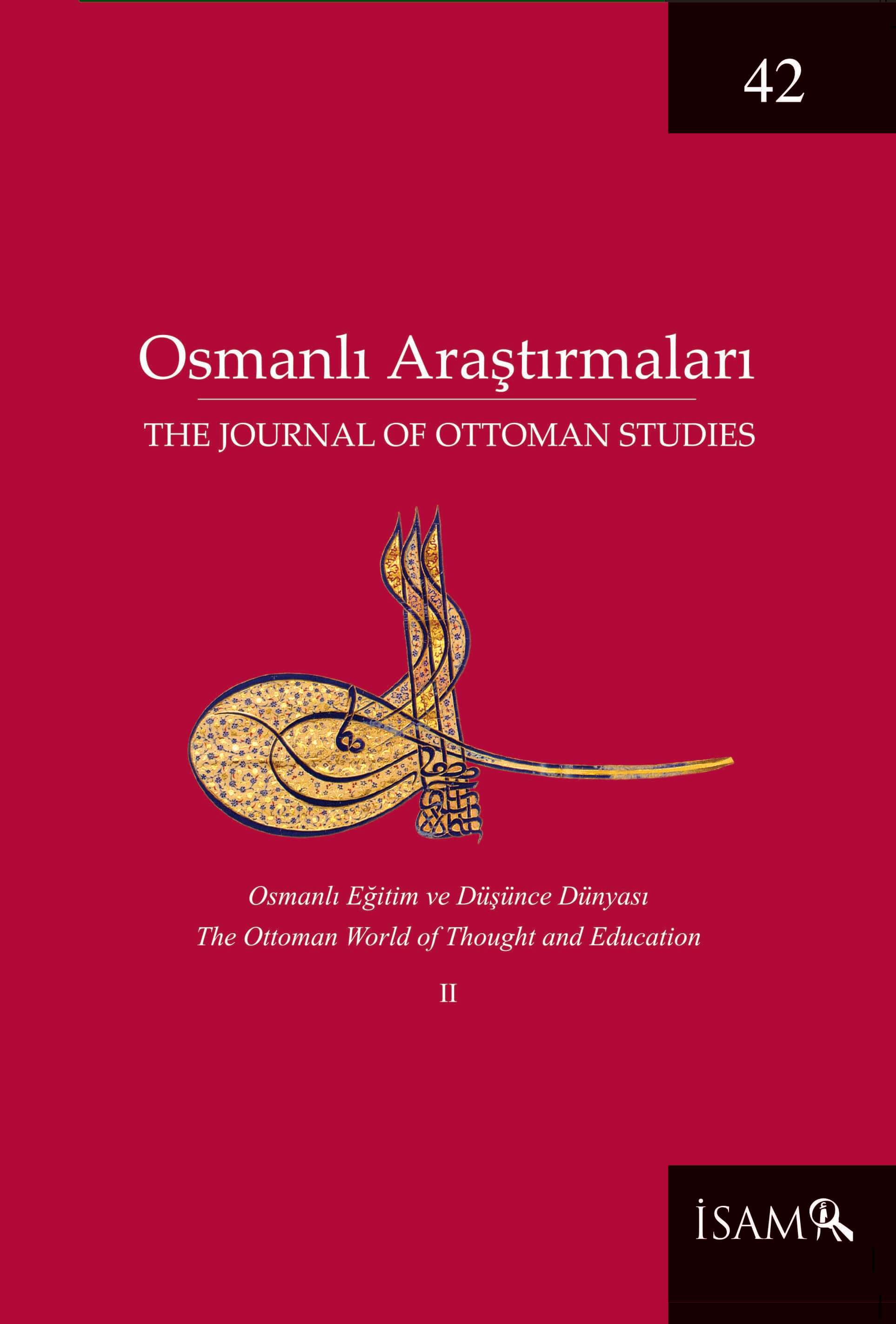Guiding the Sound Mind: Ebu’s-su‘ūd’s Tafsir and Rhetorical Interpretation of the Qur’an in the Post-Classical Period
Keywords:
Ebu’s-su‘ūd, Qur’anic Studies, Ottoman History, the Post-classical Period, Rhetoric, ‘Abd al-Qāhir al-Jurjānī, Tafsīr, Tamthīl, BalāghAbstract
The overarching aim of this paper is to gain an insight into the post-clas- sical tafsīr tradition, which remains largely neglected by contemporary tafsīr schol- arship. The paper focuses on Ebu’s-su‘ūd’s (d. 982/1574) Qur’an commentary Irshād al-’aql al-salīm ilā mazāyā al-kitāb al-karīm (Guiding the sound mind to the bene- fits of the Noble Book), a work highly praised in the biographical and bibliographi- cal literature for its rhetorical interpretations, and ranked with the commentaries of al-Zamakhsharī and al-Bayēāwī. The paper investigates both the text of Irshād and the context of its production, particularly the intellectual debates located at the in- tersection of rhetoric and Qur’an exegesis which shaped the exegetical concerns of sixteenth century Ottoman scholars like Ebu’s-su‘ūd. The problem of the analogy- based metaphor (tamthīl), and its classification as a type of a word-borrowing (isti’āra) provides the anchoring for the textual and contextual study in this paper. Examples from Irshād, which illustrate how Ebu’s-su‘ūd theorises and applies tamthīl as a hermeneutic tool, are closely examined and compared to earlier commentaries. In conclusion, the paper reflects on the characteristics of Irshād as a post-classical tafsīr work, and offers some observations on its intellectual and political significance in the sixteenth century Ottoman world.




